It’s been a good spring to be a lady and a literature lover.
Since the beginning of 2017, there’s been a renewal of interest in reclusive women writers: Emily Dickinson recently got the Hollywood biopic treatment; the Brontë sisters were featured in a Masterpiece Theatre movie; and a documentary on the life and faith of Flannery O’Connor was shown on PBS.
But as fascinating as these women are on screen, they — and others like them — are even more compelling on the page. Check out our list of the eight women authors you should put on your reading list this spring:
1. Emily Dickinson
Emily Dickinson’s reclusive ways are well-known to anyone who has ever studied American poetry. After a brief year at Mount Holyoke Female Seminary, she lived out the rest of her days in her father’s house, writing brief, cryptic poems that have become a core part the American literary canon. Her work is known for taking abstract concepts — death, the self, heaven, marriage, longing — and realizing them in unusual, memorable images that simultaneously enrich our understanding of the concept and deepen its mystery.
Recommended Work: Because Dickinson’s poems are so short, so diverse and so many, it’s impossible to pick just one. We recommend listening through American composer Aaron Copland’s “12 Poems of Emily Dickinson.” Written for soprano voice and piano, the song cycle includes many of Dickinson’s most famous poems and explores a wide range of emotions, from the mournful, atonal “Heart, we will forget him” to the jubilant, florid “Going to Heaven!”
2. Octavia Butler
A self-proclaimed asocial hermit, Octavia Butler is well known in the science fiction and writing world as a powerful and compelling creator of worlds. She was the first black woman to enjoy prominence in the genre, going on to be the first science fiction writer to win the prestigious MacArthur “genius grant.”
Growing up in the 1950s in a culture of segregation and limited opportunities for people of color, Butler was drawn to fantasy and science fiction stories because they allowed her to imagine new and limitless worlds. Butler’s writing is precise and eerily prophetic: she creates easily imaginable, possible worlds that flow from her imaging the logical outworking of our ever-present obsession with racism, sexism, neglect for the earth and violence. She leaves her readers with the unsettling feeling that our future may not be quite as progressive as we naively assume it will be.
Recommended work: Parable of the Sower and Parable of the Talents. Originally meant to be a trilogy, the Parable series tells the story of Lauren Oya Olamina, a young Mexican/Black woman who founds a new religious community called Earthseed. This community provides an alternative way of being in a devastated and decaying United States in the near future time of 2024.
Instead of relying on parapsychological factors to create her environment, Butler instead imagines what the United States must be like once the ravaging effects of climate change, racially motivated violence and ideological division takes its toll. We won’t give any spoilers, but let’s just say that her imagined future president in Talents directly quotes our current one. A timely read, indeed.
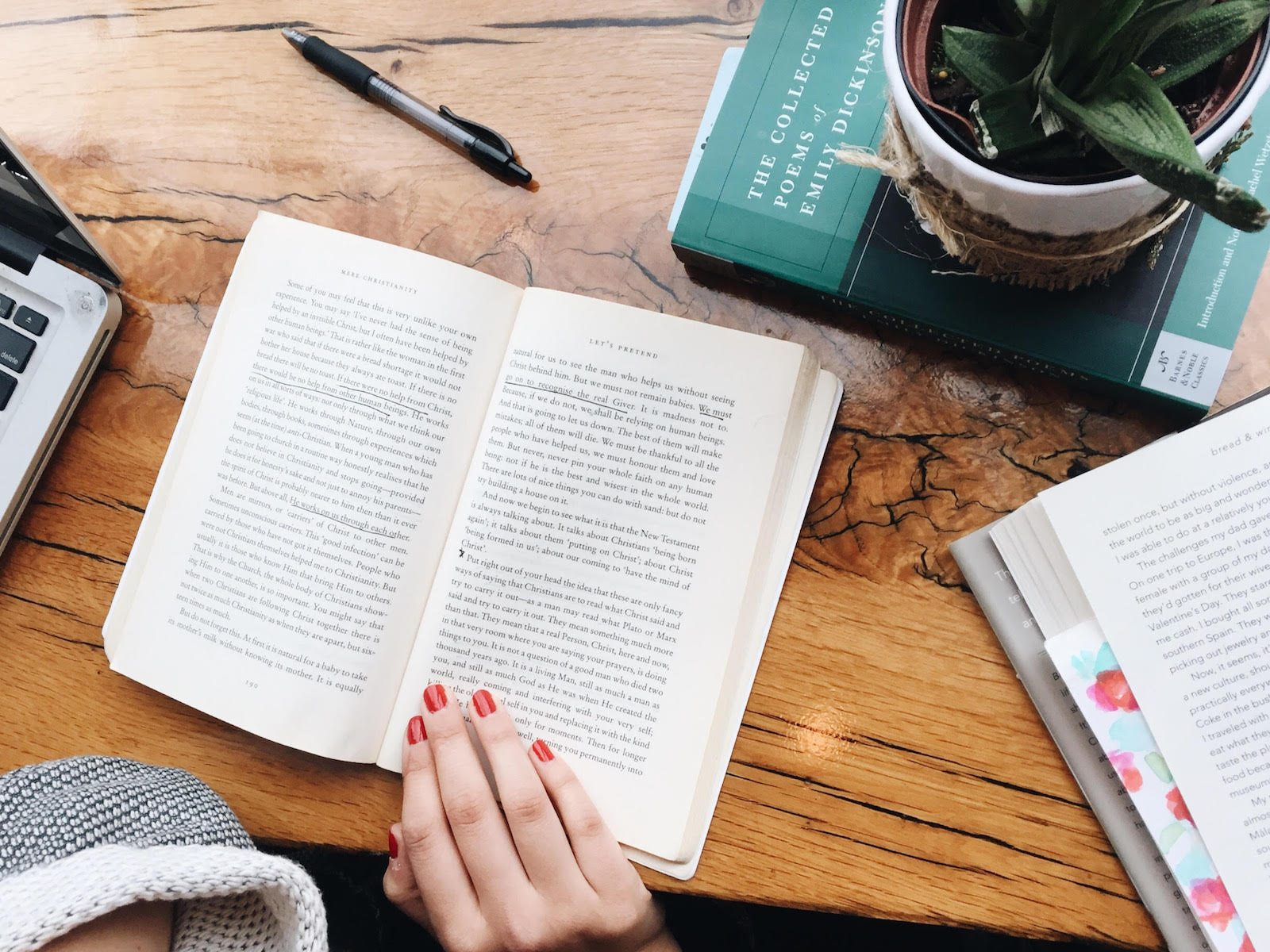
3. Flannery O’Connor
Unlike many of her fellow writers, O’Connor’s reclusiveness was not a matter of choice. Early on in her career, she lived in New York City and New England and rubbed elbows with other literary luminaries of the day. But a diagnosis of lupus required a return home to Milledgeville, Georgia, where she kept up a voluminous correspondence, farmed peacocks, and penned essays, novels and short stories. Her writing is not for the faint of heart: her stories are populated by freaks and oddballs forced to reckon with their own spiritual poverty through disruptive, even violent encounters.
Recommended Work: “Good Country People” tells the story of Hulga, an arrogant academic and invalid bored by her southern, small town existence. When an innocent Bible salesman comes to town, the surly Hulga decides to seduce him. It’s a darkly comic story with a wild ending that will have you laughing and gasping in shock.
4. Christina Rossetti
You probably know Rossetti as the poet behind the lyrics to the Christmas carol “In the Bleak Midwinter.” A devout Christian, Rossetti’s faith inspired her to write some of the best devotional poetry in the English language and to take up the cause of rehabilitating prostitutes who, thanks to the unforgiving sexual mores of Victorian Britain, were often treated as social outcasts. At once visionary and introspective, her poetry explores both an imagined world of stern knights, fair maidens and goblins and a very real, relatable world of love, heartache and healing.
Recommended Work: “Goblin Market” is Rossetti’s best-known poem apart from “In the Bleak Midwinter” — and with good reason. The fantastical tale of sisters Lizzie and Laura and their dangerous encounter with wicked goblin men is a perfect fairy-tale and powerful testament to sisterly love. Read it and share it with your sister, your best friend or your mom.
5. Julian of Norwich
Of all the reclusive women on this list, Julian of Norwich is the most mysterious. We don’t even know her name: we call her Julian of Norwich because she was an anchoress (or religious recluse) at St. Julian’s Church in Norwich, England in the late 14th century. A mystic, she had several visions of God during a grave illness in her thirties. According to fellow medieval mystic Margery Kempe, she was recognized in the area as a source of great spiritual wisdom, and many came to ask her counsel.
Recommended Work: “Revelations of Divine Love” is Julian’s account of her visions and is the only work of hers we have. Her beautiful meditations on experiencing the love of God amidst great suffering still has deep resonance and her imagining of Christ as a mother continues to puzzle and inspire ministers, theologians and feminist scholars.
6. Emily Brontë
Despite being born into a remarkable literary family, Emily Brontë carved out a voice and vision entirely her own. Far less interested in fame than alcoholic brother Branwell or ambitious elder sister Charlotte, she spent her time writing poetry, baking and taking long walks across the moors that surrounded the family parsonage. Solitary and intense, Emily’s work reveals a greater sense of kinship with God and nature than with other human beings.
Recommended Work: Wuthering Heights is Brontë’s only novel and if you haven’t read it, you should — really. But if you have, we recommend checking out her poetry. Equal the intensity; half the time.
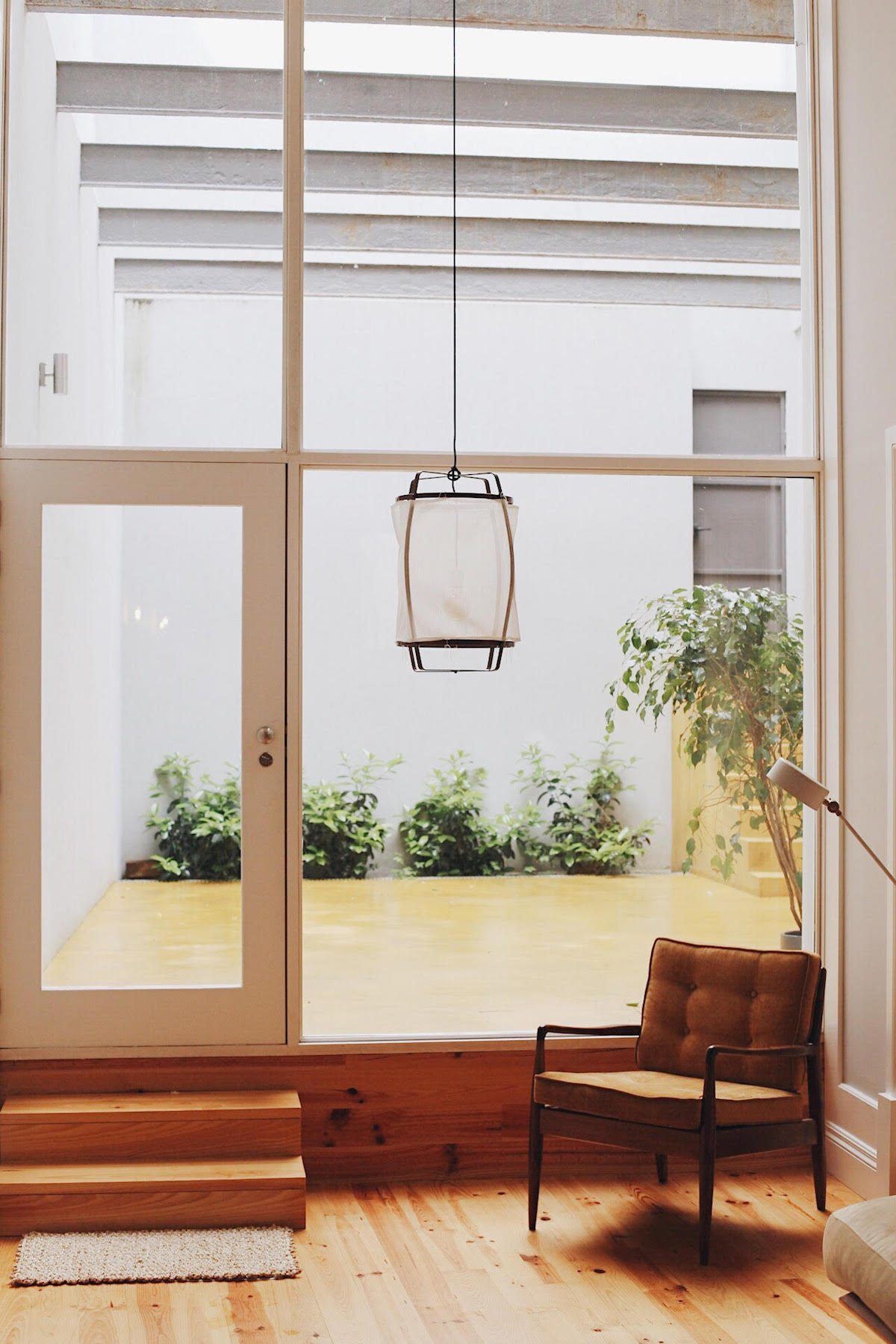
7. Lucia Berlin
We can’t speak much to Lucia Berlin’s personality, but we can confidently say that her writing has not been enjoyed by enough people. Berlin had perhaps a couple thousand devoted readers throughout her life, but her almost nomad-like existence — moving through mining towns, living overseas, shifting through three marriages and a difficult battle with alcoholism — kept her work from receiving wide public acclaim.
But that doesn’t mean that those who read her short stories loved her any less. Her writing is alacritous, profound and clever as she narrates ordinary lives spent cleaning houses, doing laundry in Laundromats and fashioning dentures in dentist offices. A new collection of her short stories was compiled posthumously and the dust jacket claims you’ll wonder why you ever overlooked her in the first place. The dust jacket is correct.
Recommended work: A Manual for Cleaning Women is the compilation of posthumously published short stories that will leave you crying one minute, laughing the next and stunned with its profundity and grace by the end. Come for the chilling story of teeth-pulling and denture making “Dr. H.A. Monyihan;” stay for the arresting and heart-rending story “Good and Bad,” chronicling an American teacher’s muddled and complex quest to bring justice and equality to poverty-stricken Chile.
8. Elizabeth Barrett Browning
Elizabeth Barrett Browning is best known for her passionate love poetry. Thanks to illness and injury, she spent much of her teenage years and early adulthood an invalid in her domineering father’s house, rarely seeing the rest of the world. But when dashing young poet Robert Browning read her poems, her life would never be the same. “I love your verses with all my heart, dear Miss Barrett,” he wrote her in 1845,” “…and I love you too.” A secret courtship resulted in a secret marriage and a move to Italy, where she lived out the rest of her days in marital bliss and wrote poetry on love, feminism, the Italian nationalist movement and abolition.
Recommended Work: Yes, you should read “Sonnets from the Portuguese,” her collection of love poems to Robert Browning. You’re probably already familiar with the famous Sonnet 43: “How do I love thee? Let me count the ways.” But Aurora Leigh, her masterpiece, is the greatest proto-feminist work you’ve never heard of. A novel in verse form, it is the coming-of-age story of Aurora, Barrett Browning’s autobiographical heroine. Aurora’s struggles to navigate between the competing claims of her vocation, her identity, and her heart are still relevant today.
Have you read any of these writers? Who would you add to this list?
Images via Marisa Iglesias


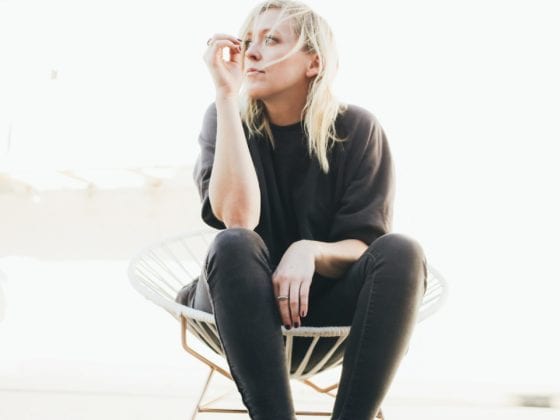
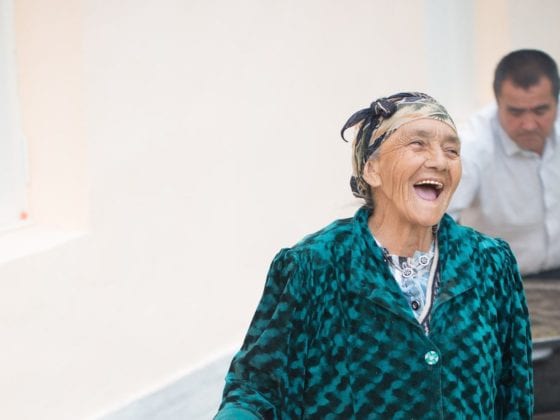

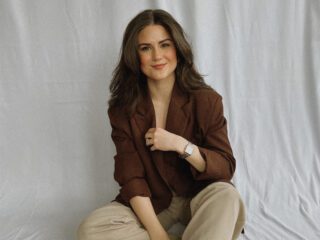






8 comments
I love so many of these writers! Emily Bronte is amazing. I’m a huge fan of Wuthering Heights. I also really like Christina Rossetti’s stuff, especially Goblin Market. Flannery O’Connor writes such creative short stories. And, although their styles are very different, both Elizabeth Barrett Browning and Emily Dickinson are fantastic poets. I haven’t heard of the other three writers. I’ll have to check them out sometime.
May Sarton! She writes simply and beautifully about her home life. Not action packed, but insightful and wise.
So many familiar names, and some new ones too! I think it’s time to read something classic – I’m not sure I’ve read enough of the titles and authors in this post…
Jo x
Jo Fisher Writes
Yes! I’m game for adding more women into my reading lists. Elizabeth Browning is one of my favourite poets ever. I would say that Julian of Norwich isn’t exactly easy reading, I covered her in uni, but she was such a fascinating lady!
– Natalie
http://www.workovereasy.com
Sylvia Plath! The Bell Jar is her most famous work, but her poetry is just as poignant. Her haunting works are frank, biting, and unabashedly morbid.
I’m surprised not to find Mary Shelley on this list, albeit she was known more for her melancholic horror work on Frankenstein. Yet she had to publish her work under her husband’s name since women were not allowed to stand behind any written work in her time.
Octavia Butler was my inspiration as a young black girl sci-fi nerd. Her Xenogenesis trilogy is breathtaking and speaks to anyone who has ever been considered, “the other.” She inspired me to become a science fiction and fantasy author. And yes, I agree. Her references to the president in her Parable of the Sower is chillingly similar to what we’re experiencing today.
I can’t believe I’ve never heard of some of these writers. I guess I don’t often read the genres their books are in, but if there’s one book I have to try from this list, it really should be Wuthering Heights. I feel like I’m the only person in this world who hasn’t read this classic!
–
Charmaine Ng | Architecture & Lifestyle Blog
http://charmainenyw.com